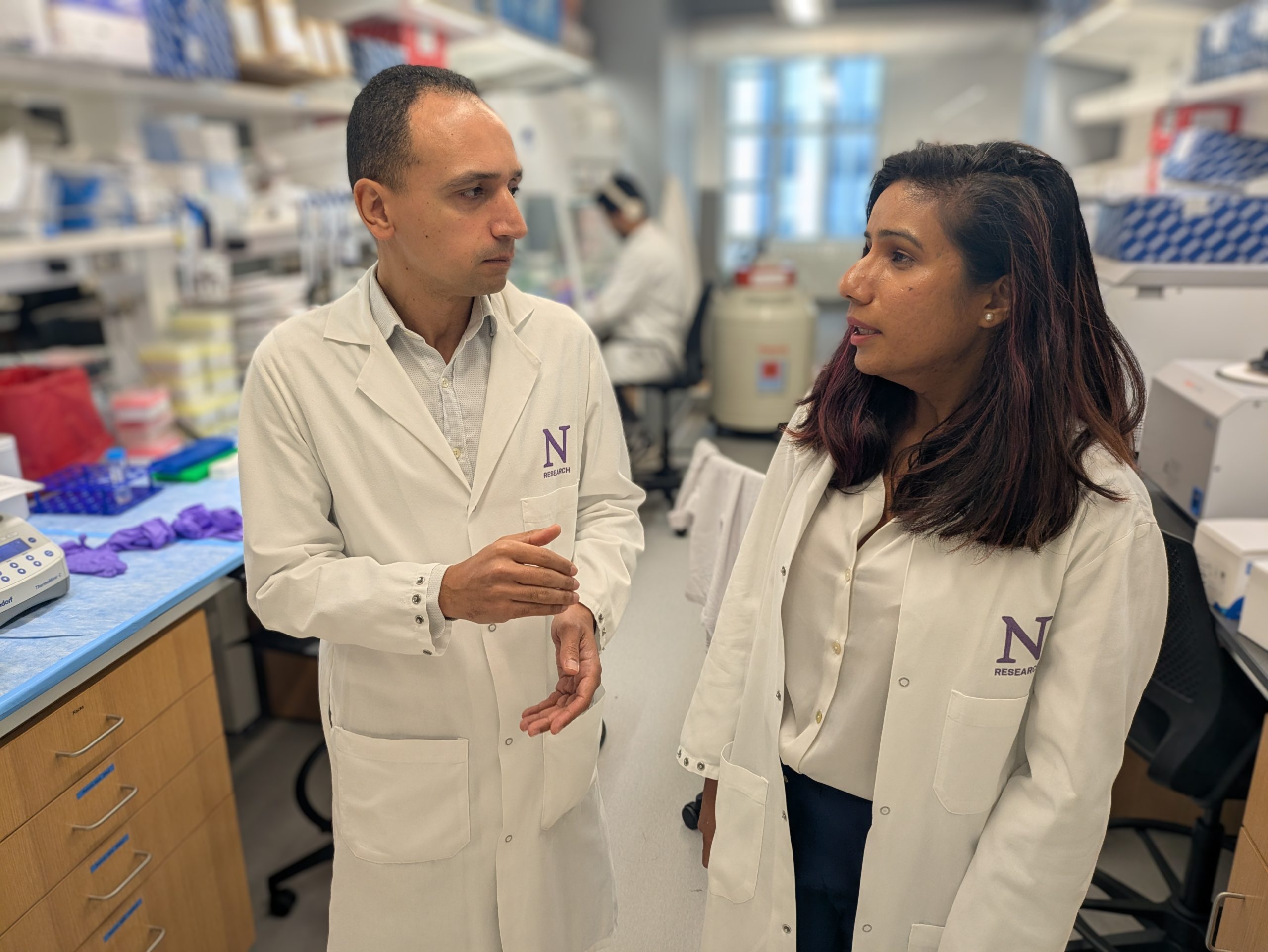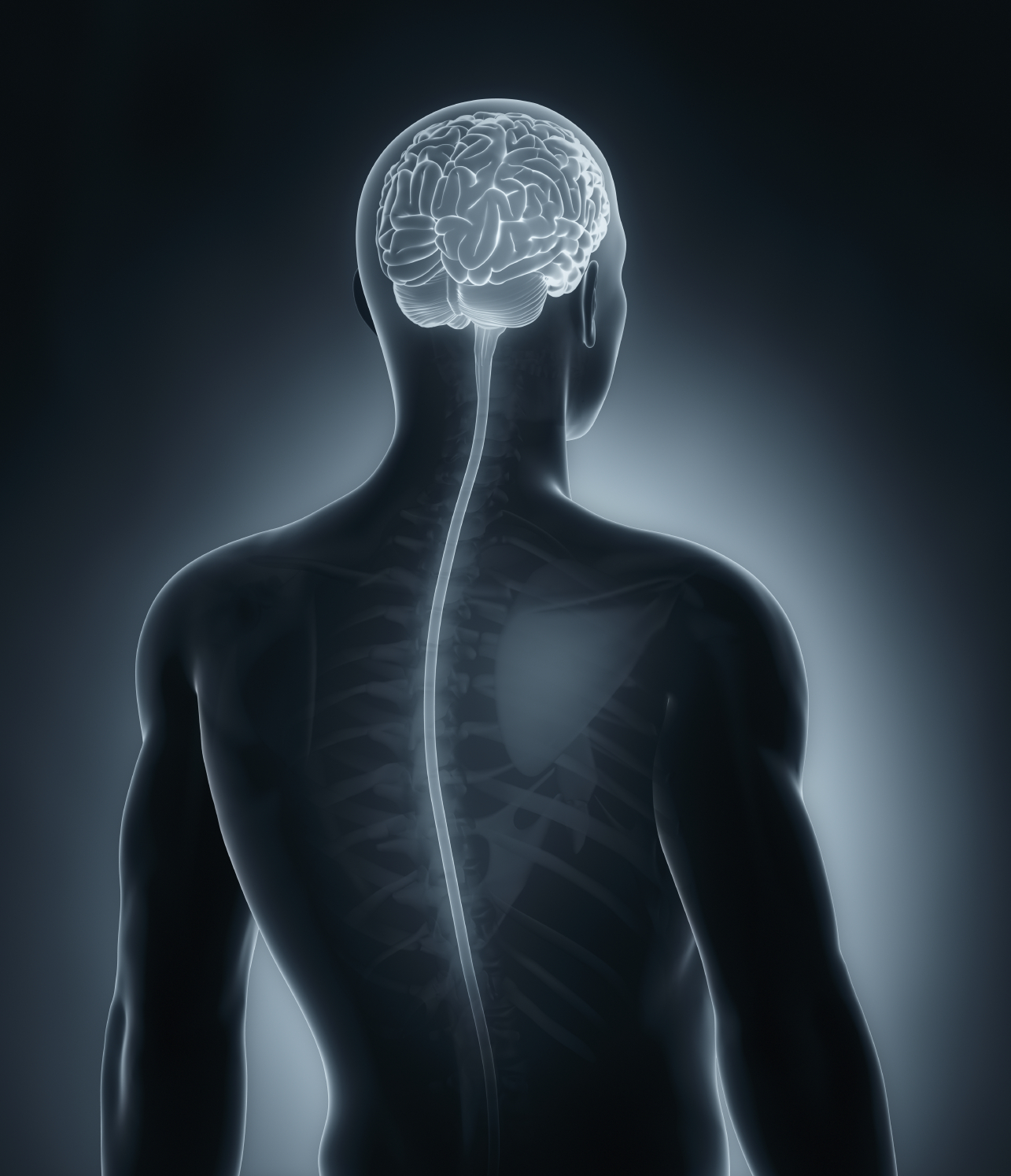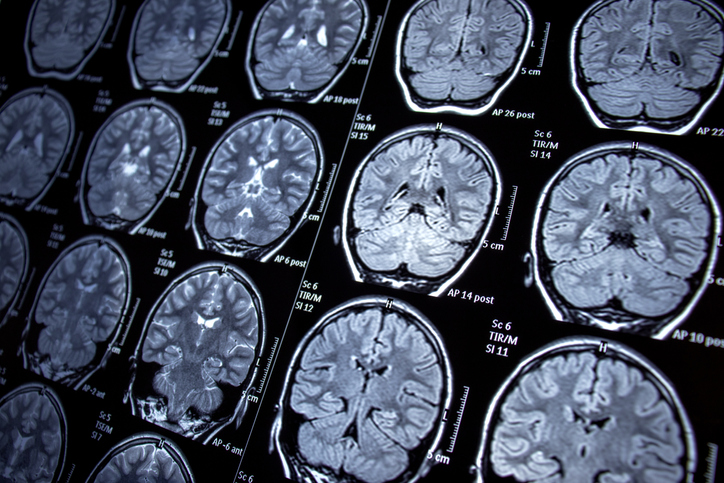Category: Disease Discoveries
-

Genetic Testing Trifecta Predicts Risk of Sudden Cardiac Death and Arrhythmia
Scientists have developed a more precise genetic risk score to determine whether a person is likely to develop arrhythmia, which can lead to serious conditions such as atrial fibrillation or sudden cardiac death.
-

Targeting Cardiovascular Aging to Reduce Disease Risk
Northwestern Medicine scientists have uncovered new insights into how the PAI-1 protein contributes to cardiovascular aging and how inhibiting PAI-1 may be a promising therapeutic approach for mitigating cardiovascular disease, according to recent findings published in The Journal of Clinical Investigation.
-

New Antibody Therapy Reawakens Immune System to Fight Pancreatic Cancer
A new study shows that pancreatic tumors use a sugar-based disguise to hide from the immune system, and Northwestern scientists have also created an antibody therapy that blocks the “don’t-attack” signal.
-

A New Clue to ALS and FTD: Faulty Protein Disrupts Brain’s ‘Brake’ System
A new Northwestern study has uncovered how a key disease protein drives overactive nerve cells in neurodegenerative diseases like ALS and frontotemporal dementia.
-

Study Identifies Gene Linked to Rare Ciliopathy Disorders
A Northwestern Medicine-led study has identified mutations in the gene CEP76 as a new cause of ciliopathies, shedding light on a complex group of disorders that affect multiple body systems, according to a study published in Science Advances.
-

Transcription Factor Drives Chemotherapy Resistance in Ovarian Cancer
Northwestern Medicine scientists have discovered how a specific transcription factor promotes genetic reprogramming and chemotherapy resistance in ovarian cancer cells, findings that may inform new targeted treatment approaches that inhibit this process and improve patient outcomes, according to a recent study published in The Journal of Clinical Investigation.
-

Childhood Blood Pressure Holds Clues for Lifelong Heart Health
Blood pressure measured as early as age seven can predict cardiovascular mortality decades later, according to a new Northwestern Medicine study published in JAMA.
-

Patient Wealth is Associated with Quality of Glaucoma Care
Patients with newly diagnosed glaucoma who have less wealth or reside in rural communities are less likely to receive standard glaucoma care compared to wealthier patients, according to a recent multi-institution study published in JAMA Ophthalmology.
-

Carbon Dioxide May Drive Lung Damage in COPD
A new Northwestern Medicine study is challenging long-held assumptions about chronic obstructive pulmonary disease (COPD), according to results published in The Journal of Clinical Investigation.
-

Investigating How Tumor-Immune Cell Clusters Drive Cancer Spread
In a pair of studies, investigators from the lab of Huiping Liu, MD, PhD, have uncovered how specific cellular interactions in the bloodstream may be fueling the spread of breast cancer.





